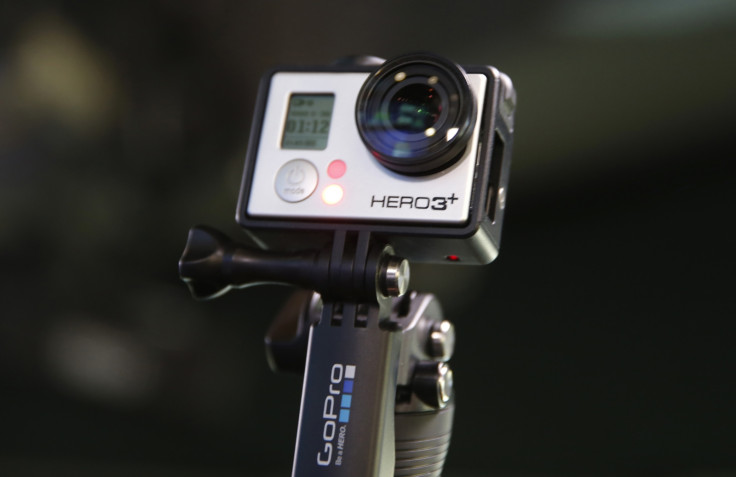'Terror Cam' Which Scans Crowd for Would-be Killers Invented in China

Scientists at China's Southwest University in Chongqing are working on a new type of camera that takes Big Brother to a whole new level – the camera is meant to detect highly stressed individuals so that police can catch them before they commit a crime.
The camera makes use of hyperspectral imaging, i.e. a "stress sensor" that measures the amount of oxygen in blood across visible areas of the body, such as the face.
Chinese authorities are deeply concerned about the recent spate of deadly attacks occurring in public places, such as the mass stabbing attack by eight knife-wielding extremists in the city of Kunming, Yunnan in March, which left 29 civilians dead and over 140 others injured.
Extremely high levels of stress
"They all looked and behaved as ordinary people but their level of mental stress must have been extremely high before they launched their attacks," Chen Tong, an associate professor of electronic information engineering at Southwest University leading the research told South China Morning Post.
"The higher the mental stress, the higher the blood oxygenation. Our technology can detect such people, so law enforcement officers can take precautions and prevent these tragedies."
The idea is that police officers could monitor crowds using these mini-camera devices, which would show a "stress bar" above each person's head, with really stressed people highlighted with red faces, so the police can pick them out of the crowd more easily.
Chen says that his team have been able to differentiate between high-oxygen levels in the blood caused by physical exertion and that caused by stress.
Technology still in its infancy
However, the technology still requires a great deal of computing power that cannot be fit into a handheld device, so the data collected by the police would have to be sent over Wi-Fi to analysts off-site, and the results sent back, before action could be taken.
Southwest University is also working on another invention to detect potential terrorists – a wrist cuff that can measure breathing rate, heart rate and galvanic skin response in suspects, once apprehended by the police.
While the technology raises big privacy concerns and could lead to potential abuse by the Chinese government, Chen says that the technology will not be launched for commercial use until laws exist in China to govern and regulate its use.
© Copyright IBTimes 2025. All rights reserved.






















